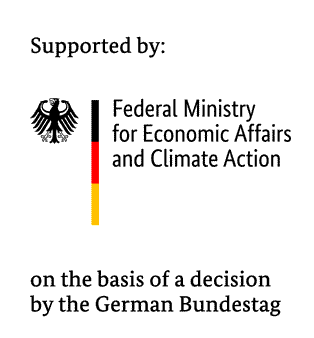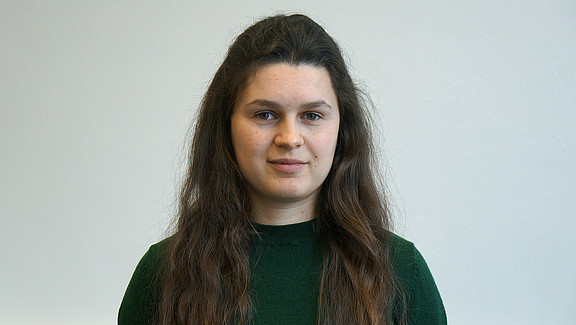WAERMER
Heat Transition of the Urban Building Stock by Interactive Decision Space Analysis
The overarching goal of the work package at CESR is to collect comprehensive data about the factors underlying individual homeowner’s decisions to adopt a new heating system, including the timing and depth of those decisions. E.g.: What knowledge and assumptions exist about the impact on the quality of life, ease of maintenance, noise, reliability, etc. of sustainable energy technologies? What role do financial budgets, professional consultations, conversations among family, neighbours, and friends, or the assumed practical effort play? How, by whom and at what point in time are decisions initiated (e.g. is the decision triggered by the need for repair or even replacement, or a similar system is installed among neighbours or friends)? What is the actual lead time to installation? For this purpose, the above-mentioned factors are surveyed among homeowners by means of interviews and online, telephone and tablet-based (CATI) survey methods.
Project partners

Team
> Martin Löhr (Student Assistant)


